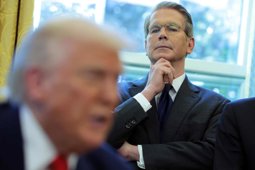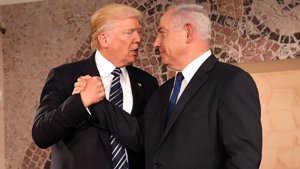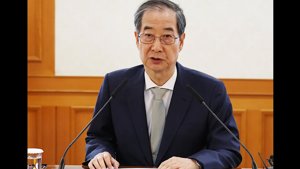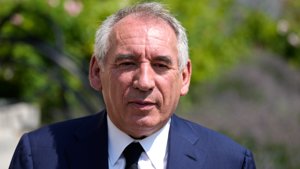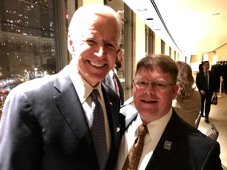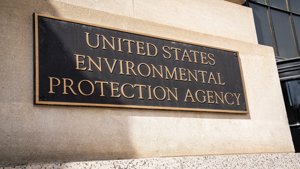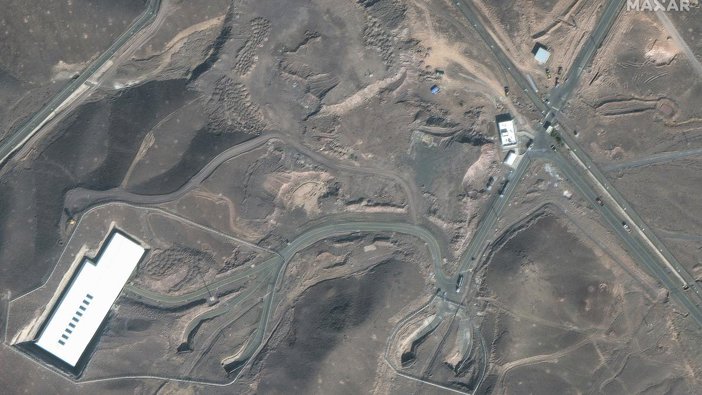
UN Tensions Rise After U.S. Strikes and Israel-Iran Clashes
Israeli and Iranian envoys trade accusations at the UN after U.S. strikes on Iran; calls for emergency session as missile attack hits Israel.
UN Security Council Convenes Amid Escalating Middle East Crisis
The United Nations Security Council was the stage for a dramatic confrontation Saturday as Israeli and Iranian diplomats clashed following U.S. military strikes on three nuclear facilities in Iran. The heated exchange came hours before President Donald Trump announced the destruction of Iran’s sites in Fordow, Natanz, and Isfahan, actions that Iran condemned as a “flagrant violation of international law.”
Israel’s Ambassador to the UN, Danny Danon, sharply rebuked Iran’s representative, Amir Saeid Iravani, calling him “a wolf disguised as a diplomat” during a contentious council session. Danon argued that Iran, as a regime financing and orchestrating terrorism worldwide, had no standing to seek compassion or protection from the Security Council. “You are not a victim. You are not a diplomat. You are a wolf disguised as a diplomat, and we are done pretending otherwise,” Danon declared.
After the U.S. strike, Iravani sent an urgent letter to UN Secretary-General António Guterres, demanding an emergency meeting to address what he called a “blatant and unlawful act of aggression.” Iravani insisted the council condemn the U.S. actions “in the strongest possible terms” and not allow them to go unpunished. He labeled the strikes “premeditated, and unprovoked.”
Global Leaders Warn of Escalation, Civilian Risk
UN Secretary-General Guterres expressed grave concern, describing the U.S. strikes as a “dangerous escalation in a region already on the edge – and a direct threat to international peace and security.” He warned, “There is a growing risk that this conflict could rapidly get out of control – with catastrophic consequences for civilians, the region, and the world,” urging all member states to de-escalate and adhere to international law.
Israel’s Ambassador Danon defended the U.S. action, stating, “Sec Gen Guterres should be thanking President Trump for taking action and making the world a safer place – instead of condemning the U.S. for promoting peace through strength.” He criticized the UN’s track record, arguing that years of inaction enabled Iran to accelerate its nuclear weapons program and threaten Israel, the U.S., and global security.
In a swift retaliation, Iran launched a missile attack on Israel, with direct hits reported in Tel Aviv, Haifa, and Nes Ziona. While no fatalities were reported, Israeli authorities confirmed widespread destruction. First responders described scenes of devastation, with multistorey buildings and homes damaged or destroyed. Dozens were injured and taken to hospitals, but emergency protocols and shelters prevented greater loss of life.
Tel Aviv Mayor Ron Huldai acknowledged extensive property damage but said, “In terms of human life, we are okay.” Some of the hardest-hit houses were empty or had residents safely in shelters. In Nes Ziona, families avoided casualties by seeking refuge.
Following the attacks, Israel reinstated emergency measures nationwide, days after restrictions had previously been eased. As regional violence escalates, the international community faces mounting pressure to prevent further bloodshed and restore stability in the Middle East.

